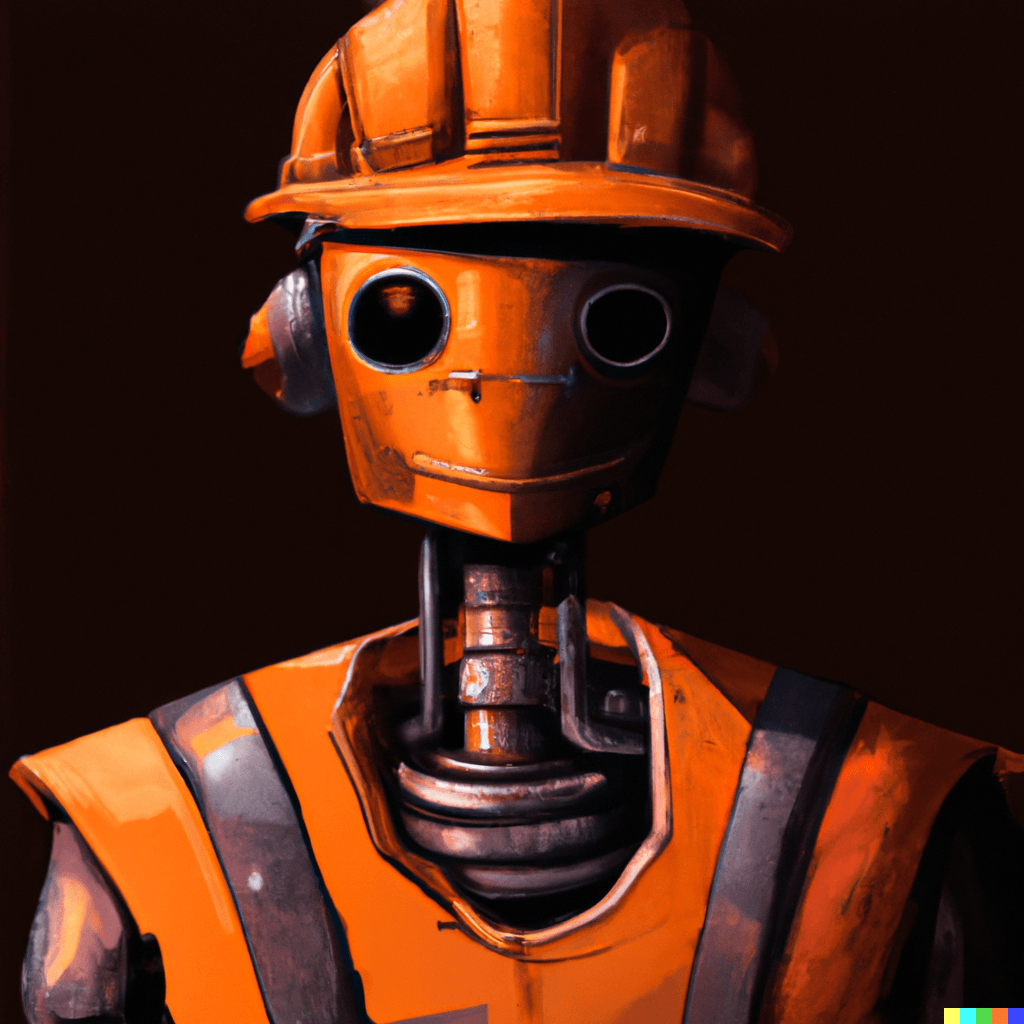Adapting Workers’ Compensation for AI and Robotics-Related Workplace Injuries
The integration of artificial intelligence (AI) and robotics into the workplace has revolutionized numerous industries, offering unprecedented efficiency and capabilities. However, as workplaces become increasingly automated, the nature of work-related injuries is evolving, prompting a reevaluation of traditional workers’ compensation frameworks. At SELPH LAW, located at 6047 Frantz Road, Dublin, OH 43017, Suite 101, we are at the forefront of addressing the legal implications of AI and robotics-related workplace injuries. This blog post delves into the challenges and considerations for adapting workers’ compensation systems to the age of automation, ensuring that employees injured by or while interacting with AI and robotics receive fair and adequate support.
The Changing Landscape of Workplace Injuries
The deployment of AI and robotics in the workplace has led to a shift in the types of injuries employees may experience. Beyond traditional physical injuries, workers now face risks associated with malfunctions or programming errors in automated systems, which can lead to accidents. Additionally, the ergonomic impact of interacting with new technologies and the psychological effects of working alongside AI and robotics are emerging concerns that workers’ compensation must address.
Challenges to Existing Workers’ Compensation Models
The introduction of AI and robotics into the workplace presents several challenges to existing workers’ compensation models, including:
Determining Liability: Ascertaining liability in accidents involving AI and robotics can be complex, especially when malfunctions or unpredictable behaviors of automated systems are involved.
Categorizing Injuries: Traditional workers’ compensation frameworks may not adequately categorize or recognize injuries specific to interactions with AI and robotics, such as psychological stress or conditions related to ergonomic impacts.
Updating Safety Standards: Existing workplace safety standards and regulations may not fully account for the unique risks posed by AI and robotics, necessitating updates to ensure comprehensive worker protection.
Adapting Workers’ Compensation Frameworks
To ensure that workers’ compensation systems remain relevant and effective in the age of AI and robotics, several adaptations may be necessary, including:
Expanding Coverage: Workers’ compensation laws may need to expand coverage to include injuries directly related to AI and robotics, including psychological harm and conditions resulting from ergonomic interactions with new technologies.
Updating Liability Models: The legal framework for determining liability in cases of AI and robotics-related injuries may need to evolve to address the role of manufacturers, programmers, and employers.
Enhancing Safety Regulations: Workplace safety regulations should be updated to include standards and guidelines for the safe deployment and operation of AI and robotics, including training requirements for employees.
The Role of Legal Professionals
Navigating the evolving landscape of workers’ compensation in the context of AI and robotics requires specialized legal expertise. Legal professionals can play a crucial role in:
Advocacy: Advocating for legal reforms to update workers’ compensation frameworks and safety regulations to protect workers in automated workplaces.
Representation: Representing employees who have suffered injuries related to AI and robotics, ensuring they receive fair compensation and support.
Consultation: Advising employers on compliance with updated workers’ compensation laws and safety standards, minimizing liability and enhancing worker protection.
Conclusion
As AI and robotics continue to transform the workplace, the adaptation of workers’ compensation systems is essential to address the unique challenges and risks these technologies present. By expanding coverage, updating liability models, and enhancing safety regulations, we can ensure that workers’ compensation remains equipped to support employees in the age of automation. If you have experienced an AI or robotics-related workplace injury or are an employer seeking guidance on navigating these changes, contact SELPH LAW at (614)-453-0971. Our experienced team is here to provide the legal support and advocacy needed to navigate the complexities of workers’ compensation in the automated workplace.
Sub Categories
Recent Articles
-
 Jul 22, 2024Seasonal Risks Leading to Different Types of Personal Injury Accidents
Jul 22, 2024Seasonal Risks Leading to Different Types of Personal Injury Accidents -
 Jul 22, 2024Common Injuries in Different Personal Injury Cases
Jul 22, 2024Common Injuries in Different Personal Injury Cases -
 Jul 22, 2024Maximizing Compensation in Personal Injury Accident Cases
Jul 22, 2024Maximizing Compensation in Personal Injury Accident Cases -
 Jul 22, 2024Unnatural Provable Negligence in Slip and Fall Cases
Jul 22, 2024Unnatural Provable Negligence in Slip and Fall Cases

